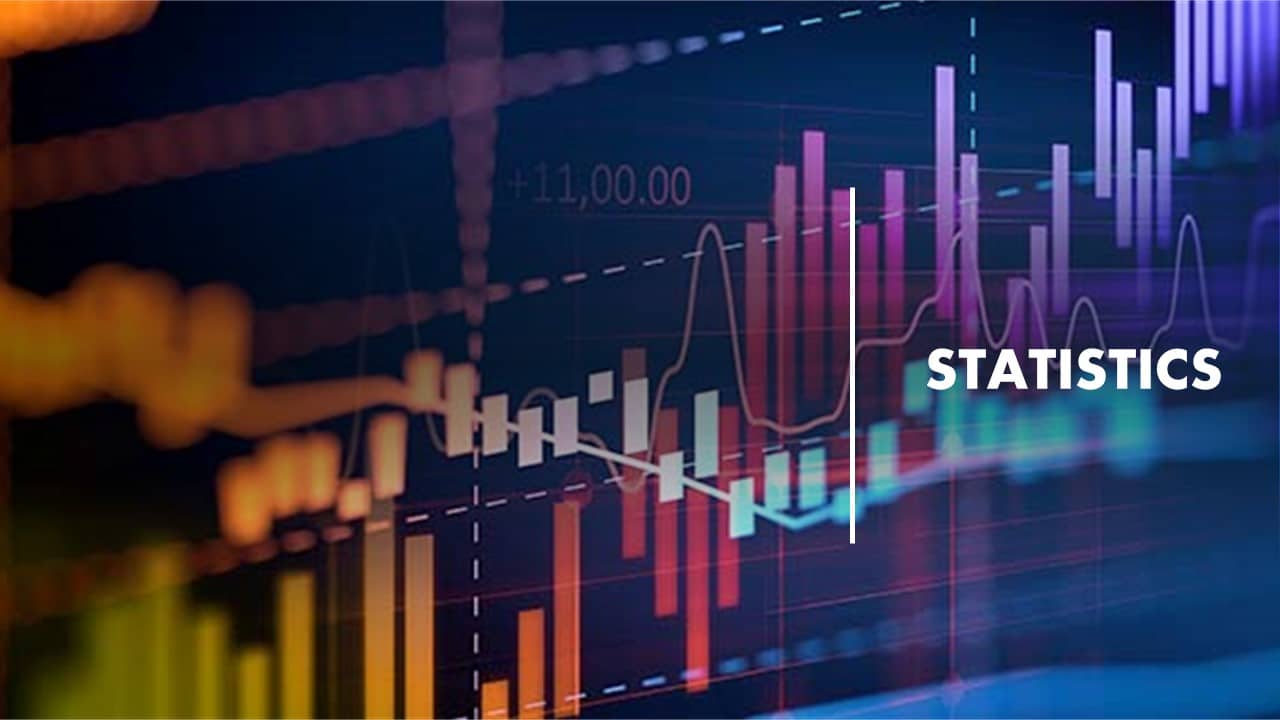STD IX – STATISTICS – PASCAL
About Course
In this section will learn the following chapters;
1. STATISTICS
2. MEAN AND MEDIAN
Last Updated:January 18, 2023
0(0 Ratings)
Share Course
Page Link
Share on social media

Description
STATISTICS
Data
A collection of information is called data.
Primary data: Primary data is that which is collected by the investigator himself through personal observations with a definite plan or design in mind.
For example, the data collected by a teacher on the performance of students in mathematics. Primary data is reliable and relevant.
Secondary data: Secondary data is that which has been collected previously by someone other than the investigator for some specific purpose.
For example, government reports
Raw Data: Raw data is the data that is simply collected and written down haphazardly, i.e., not in an arranged manner. This kind of data rises difficulties in computing, analyzing, and interpreting it.
Arrayed Data: Arrayed data (also known as grouped data) is that data that has been classified in either a serial or alphabetical order or in an ascending or descending order. This kind of data makes it very easy to compute, analyze, and interpret.
MEAN AND MEDIAN
Mean
Measures of central tendency are a key way to discuss and communicate with graphs. The term central tendency refers to the middle, or typical, value of a set of data, which is most measured by using the three m’s: mean, median, and mode. The mean, median, and mode are known as the measures of central tendency.
Under different conditions, some measures of central tendency become more appropriate to use than others. In the following sections, we will look at the mean and median, and learn how to calculate them.
Median
A median is a measure of central tendency which gives the value of the middle-most observation in the data Median is the middle score when the data is arranged in ascending or descending order
There will be equal number of items above and below median 50% of total frequency is below and above it
Free
Free
Free access this course
-
LevelIntermediate
-
Last UpdatedJanuary 18, 2023
-
CertificateYes
Hi, Welcome back!
Material Includes
-
Live Interactive classes with in-class doubt solving
-
Weekly Test and Quiz with instant tracking for progress
-
Revision of the course after testing
-
Fortnightly Parents and Tutor interactions
-
Expert monitoring of student's learning progress
-
Daily communication over call, whatsapp and mail
-
3 hours on-demand video
-
4 downloadable resources
-
Access for entire Academic Year
-
Access on mobile and Desktop
-
Assignments and review of the same
-
Tests and Correction by Board paper checkers
-
Certificate of completion and Live tracking with Grade book
Course Duration:
0
Course level:Intermediate
Enrolled:0
About Course
In this section will learn the following chapters;
1. STATISTICS
2. MEAN AND MEDIAN
Course Curriculum
STATISTICS – 30 – JULY – BAR GRAPHS BASED ON DATA
STSTISTICS – 11 – JULY – REPRESENT HISTOGRAM
STATISTICS – 22 JULY – COLLECTION OF DATA
-
QUESTION SET – STATISTICS
-
Assignments
Student Ratings & Reviews

No Review Yet

